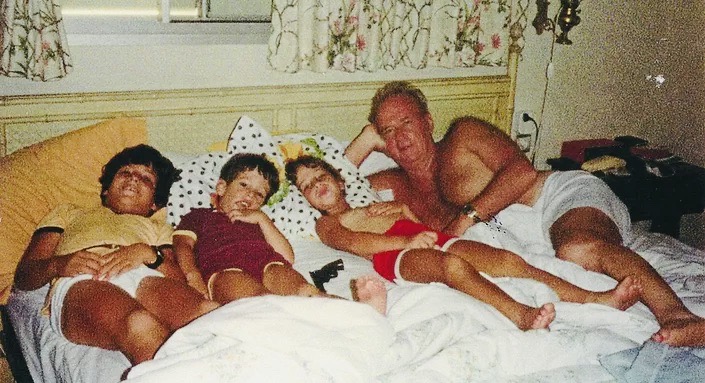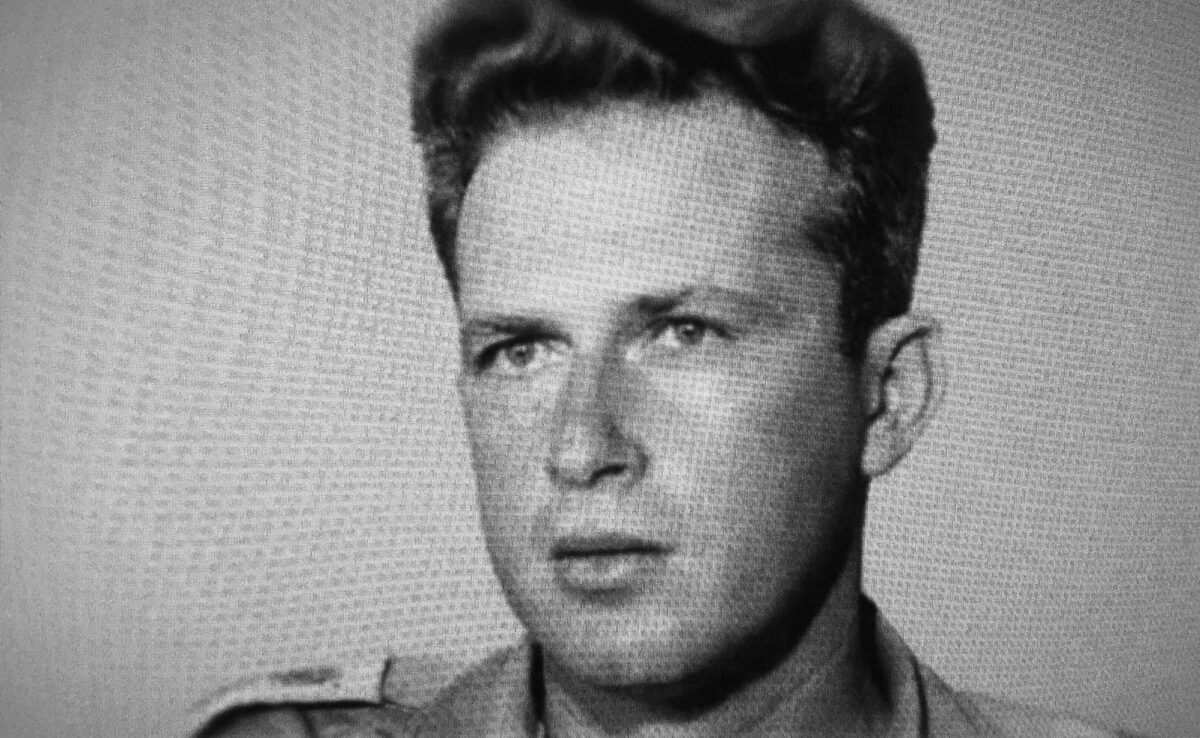Erez Laufer’s revelatory biopic, Rabin In His Own Words, paints an expansive portrait of Yitzhak Rabin, one of Israel’s most distinguished public figures. Assassinated by a right-wing fanatic in 1995, he was twice prime minister, minister of defence, ambassador to the United States, and chief of staff of the armed forces. He served his country exceedingly well.
This documentary is among 11 movies that will be presented online by the streaming service ChaiFlicks during its Israel Independence Day Film Festival, which is scheduled to run from May 4-9.
As Laufer suggests, Rabin as not a typical, run-of-the-mill politician. He was introverted and reserved rather than a flamboyant gladhander. He was a strategist as opposed to a shallow thinker. He was a man of few words, not a talker. He was a warriors well as an advocate of peace with the Palestinians and Israel’s Arab neighbors.
Laufer, having unearthed voluminous archival footage of Rabin’s long and distinguished career, gives him free reign to speak his mind in this revealing, absorbing and linearly-unfolding film.
He begins at the beginning, filling in blanks about Rabin’s parents, Nehemia and Rosa, both of whom were born in Russia.
Nehemia, hailing from a family of laborers, fought for the British army in Palestine during World War I. Rosa, who came from a well-to-do merchant family, arrived in Palestine in 1919. She married Nehemia in 1922, the year of Rabin’s birth in Jerusalem. Rosa was a political activist, a member of Tel Aviv’s municipal council. Rabin remembers her as a stern disciplinarian. She died when he was 16.
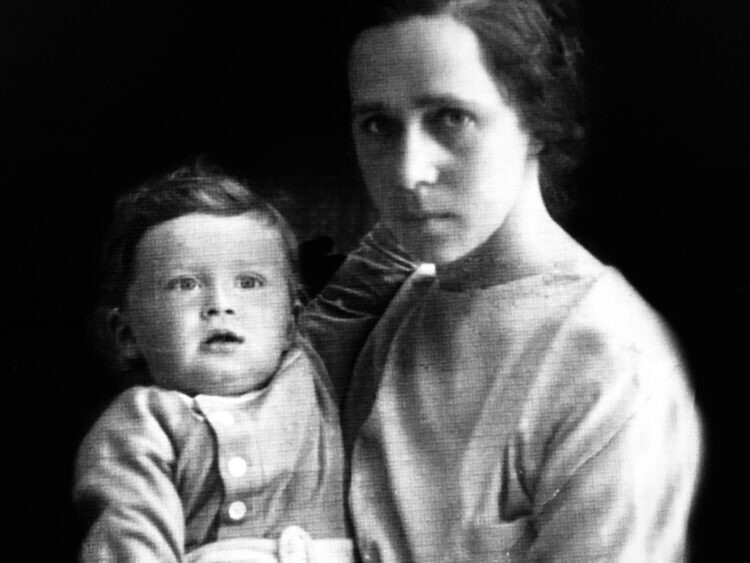
As a young man, Rabin attended the Kadoorie Agricultural School, thinking he would be a farmer on a kibbutz. He intended to study water engineering on a scholarship in California, but the outbreak of World War II impeded his plan.
In the last year of the war, Rabin was involved in operations concerning the entry of illegal Jewish immigrants into British Mandate Palestine. In 1946, he and his father were placed in a detention camp in the Gaza Strip for six months.
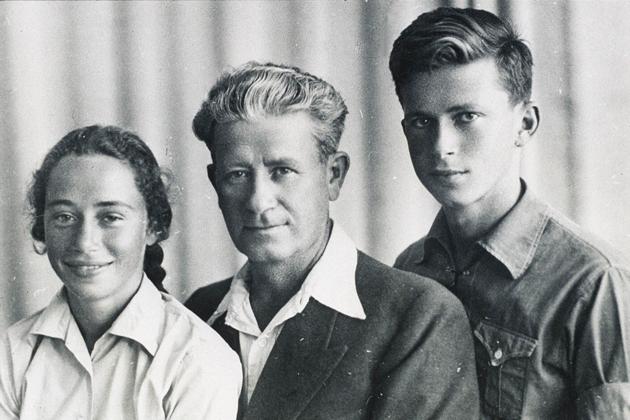
During the War of Independence, Rabin was a commander in the Harel Brigade, organizing food shipment to Arab-besieged Jerusalem. It was at this point, he recalls, that he decided to remain the army as a career officer. He also participated in the conquest of Lod and Ramle, resulting in the flight of thousands of Arabs from their homes.
After the war, Rabin was on the Israeli delegation at the Rhodes armistice talks. He erroneously thought that peace was at hand, having heard disparaging comments from Egyptian army officers about the Palestinians and how they had dragged Egypt into war.
Laufer omits details about Rabin’s tenure as the commanding officer of the Northern Front in 1956 and his appointment as the chief of staff in 1964.
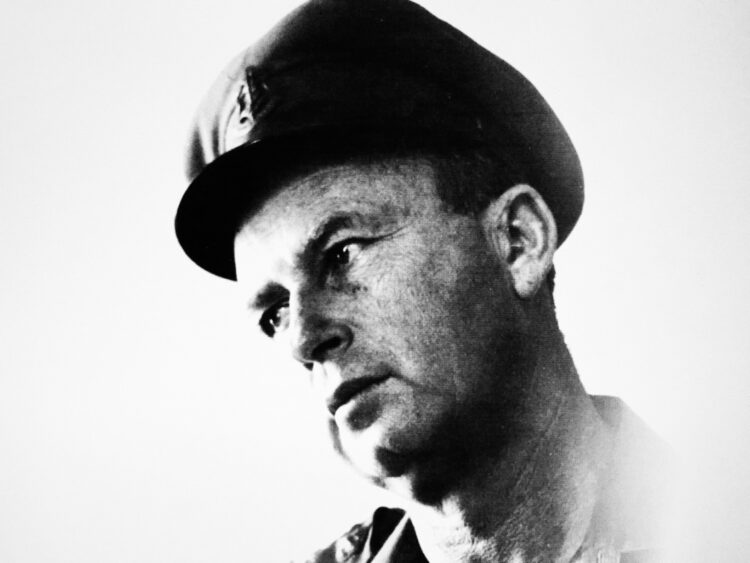
During the lead-up to the 1967 Six Day War, Rabin suffered what appears to have been a two-day nervous breakdown. It may have been caused by an unpleasant conversation he had with Israel’s first prime minister, David Ben-Gurion, who criticized the mobilization of the reserves and Israel’s decision to wage war. Rabin admits he was in “a melancholy state of mind” and suffered from “mental and physical exhaustion.” Being a heavy smoker, he speculates that nicotine poisoning may have affected his ability to perform his duties.
On the heels of Israel’s victory, Rabin asked Prime Minister Levi Eshkol for a diplomatic posting. Though flabbergasted by his unusual request, Eshkol named Rabin as the new ambassador to the United States. Rabin has very little to say about his five-year tenure in Washington, during which time Israel and Egypt fought the War of Attrition in the Sinai Peninsula.
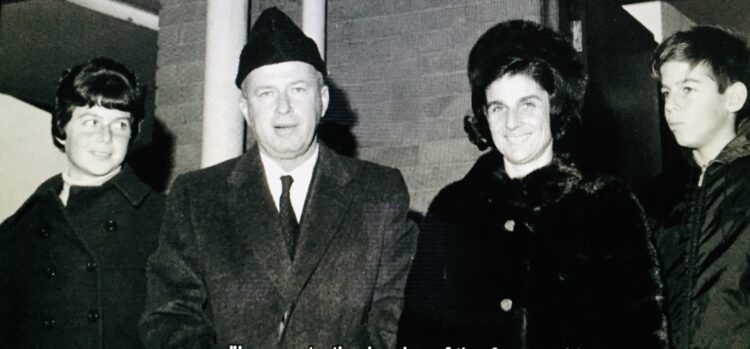
With Gold Meir’s resignation in the wake of the 1973 Yom Kippur War, Rabin was catapulted to the premiership by popular acclaim. “I came in as a result of a crisis, not by choice,” he says.
Rabin sought peace with Israel’s Arab neighbors, saying he was prepared to make “far-reaching compromises” to achieve that objective. Instead, with the assistance of U.S. Secretary of State Henry Kissinger, Israel and Egypt signed disengagement agreements during which the Israeli army made incremental withdrawals from Sinai.
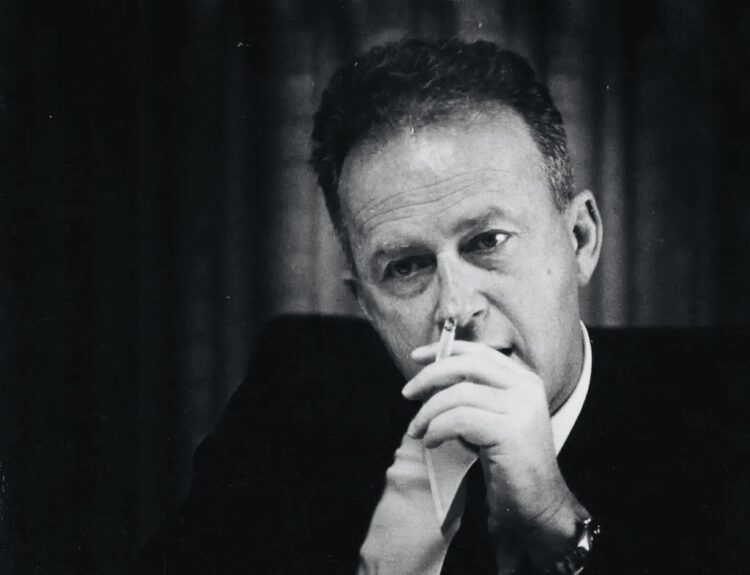
Speaking frankly about his opposition to “unauthorized initiatives” by Jewish settlers in the West Bank, Rabin lambastes the Gush Emunim settler movement, branding it as “one of the gravest dangers” facing Israel. “These people bring disaster upon Israel,” he says, adding it is “a cancer” in Israel’s “democratic tissue” and “must not be allowed to exist.”
Settlements could lead Israel into apartheid, he warns.
Later in the film, Rabin acknowledges that Israel committed a “grave mistake” by building settlements in densely-populated Arab areas of the West Bank, and that these outposts undermine the chances of a “diplomatic solution” of the Palestinian issue.
Rabin resigned in 1977 following the discovery that he and his wife, Leah, had an illegal bank account in the United States. It was a mistake not to have closed it after his ambassadorship ended, he admits. “I was forced to step down too soon,” he says. “In terms of performance, I did my job, especially in striving for peace and ensuring Israel’s security.”
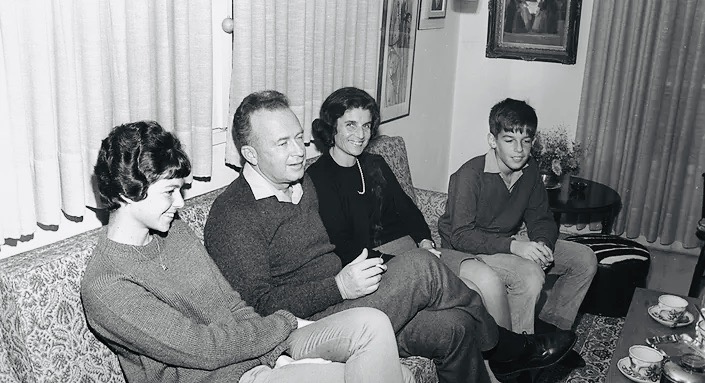
Until the 1993 Oslo peace process, Rabin was unwilling to negotiate with the PLO. But as times changed, he altered his views. “The risks of peace are preferable to the bitter certainty of war,” he says.
Rabin was minister of defence in the Labor-Likud coalition government from 1984 to 1990, but Laufer glosses over this period, when the first Palestinian uprising broke out.
Elected prime minister in 1992, Rabin sought to create a “new situation” of “peaceful coexistence” in Israel’s relations with the Palestinians. “Peace is made with enemies,” he says. “I want to take this chance for peace.” He would not allow “psychopaths” to hijack the peace process, flawed and vulnerable as it was after the first Hamas suicide attack in 1994.
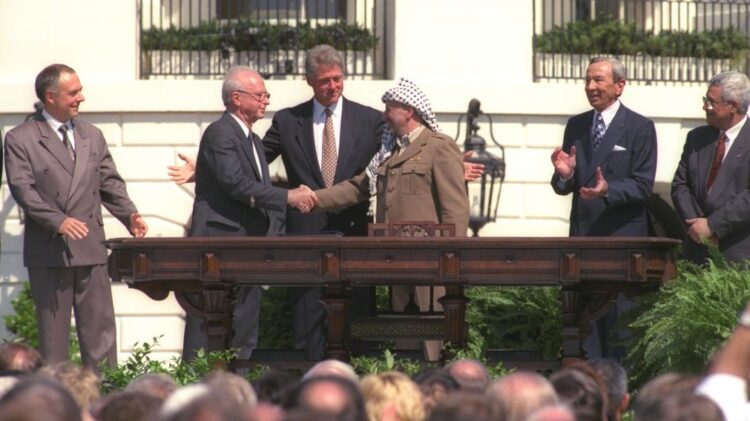
Laufer devotes very little time to Israel’s historic rapprochement with Jordan. Apart from brief clips of Rabin’s hush-hush meeting with King Hussein in Aqaba and the subsequent ceremony in the Arava desert sealing Israel’s peace treaty with Jordan, he offers no comments from Rabin about this turning point.
Rabin In His Own Words ends about a week before Yigal Amir, a vociferous opponent of Oslo, fatally shot Rabin after a peace rally in Tel Aviv. By then, Jewish settlers and their allies, including the Likud opposition leader Benjamin Netanyahu, had thoroughly demonized Rabin as a traitor and emboldened Amir to murder him.
For further information about the festival, click on www.JewishFilmFests.com.
